Allergies are a BIG DEAL
In our local culture, many simply associate allergies with rashes around the mouth – nothing to get upset or worked up about, and which the child will ‘grow out of’ over time.
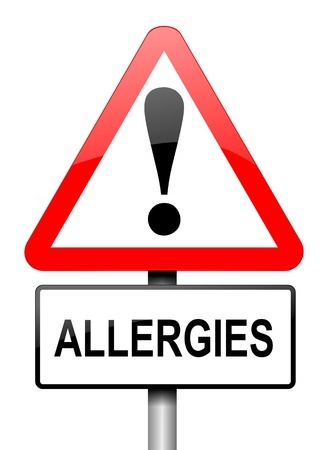
While it is true that some children do overcome their allergies later in life, the fact is that many also don’t. Furthermore, the old wives’ tale that you can build up your child’s immunity and resistance to the allergen by giving him a little bit of the food they are allergic to (sort of like the concept of immunization) just isn’t true.
According to Dr Liew Woei Kang, a paediatric immunologist at SBCC Baby & Child Clinic at Gleneagles Medical Centre, giving your child a little bit of the food they are allergic to can actually make an allergy worse. Once your immune system is ‘sensitized’ to the protein, it may respond in a much worse way the next time it encounters that protein.
Allergies are dynamic, and a bad reaction can be life-threatening, especially for young children. Allergies by the way, are not the same as food intolerance, which many are also subject to (such as the most commonly known “lactose intolerance“).
What Happens When One Has Food Allergy
A true food allergy is essentially an immune system malfunction, when a particular protein in the food is perceived by the body as an invader. As the body sends out chemicals to fight the intruder, this releases histamines, which cause swelling (which is why allergies are often associated with rash). Other symptoms can include vomiting, cramps, dizziness or breathing difficulties, and in severe cases, anaphylaxis, which can kill.
Meanwhile, an intolerance towards certain food does not involve the immune system at all. People with an intolerance have trouble digesting a certain protein, and may develop symptoms like rashes, diarrhea, cramps and other symptoms which need to be treated by a doctor. The key difference is that an intolerance will not induce the rush of antibodies and histamines that occur in an allergic reaction.
An allergic reaction can be deadly. As one mum put it, “Please don’t tell me that I should expose my child to all the allergens, just so that his body can get use to the allergens. That may cost him his life.”
⇒ Related Read: My Child’s Severe Allergic Reaction: A Mother’s Experience
Here are some more facts:
- About 6% of children in Singapore have food allergies. That’s more than one in 20.
- The most common allergies are eggs, fish, and peanuts, followed by dairy, wheat and soy.
- Nut allergies are the third-highest food allergen among the local population. A study done by KK Women’s and Children’s Hospital found that nuts are now the number-one cause of anaphylaxis (a life-threatening allergic reaction to a foreign protein due to previous exposure to it) in Singapore.
What You Can Do To Help
It’s easy for the general public to dismiss parents of food-allergic children as neurotic, overprotective and hysterical – but you don’t have the burden of managing your child’s life-threatening food allergies on a daily basis. Don’t be quick to dismiss their fears, their concerns on ingredients lists and goodie bags, their restrictions on their kids at parties and social events. They are doing what is best for their child, even though they know not everyone will be pleased.
For Yvonne, her 1 year old son is allergic to all dairy products. The family discovered this when he was near to a year old, after he had experienced facial swelling and breathing difficulties after ingesting some bread.
Yvonne shared, “Going to a party can be difficult for us. When we observe how Sam sees other kids enjoying the foods that he can’t take, it can be rather discouraging for us. It is especially heartbreaking when he keeps asking me for the foods he can’t take. We really do appreciate parents who inform us earlier if there will be foods that Sam would be allergic to at a party or gathering, so that I can prepare some snacks in advance for him. Little things like that matter a lot to us.”
⇒ Related Read: What Parents Need To Know About Food Allergies
Have you met people who dismissed your child’s allergies? Share your stories with us in the comment box below.
By Dorothea Chow
If you liked this story, show some love by liking and sharing it at the bottom of the post.
Like what you read and want more? Receive our latest articles and giveaways when you sign up on our mailing list here.




































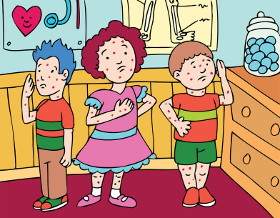
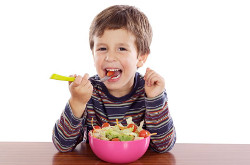

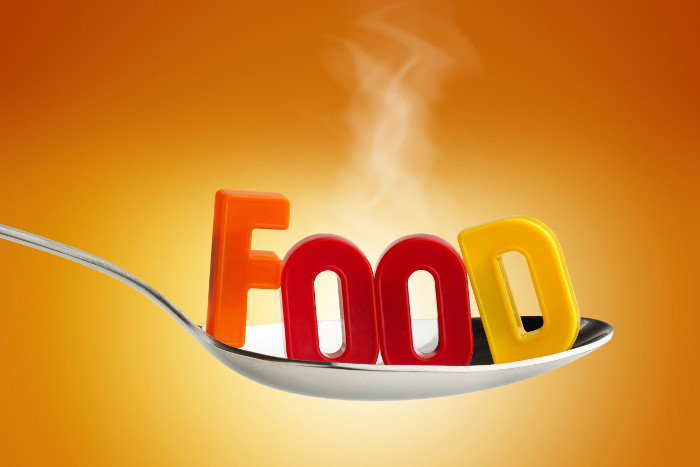




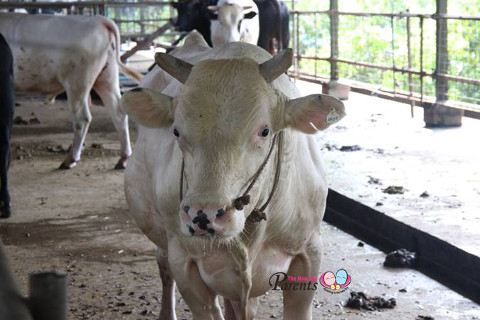












Leave a Comment: